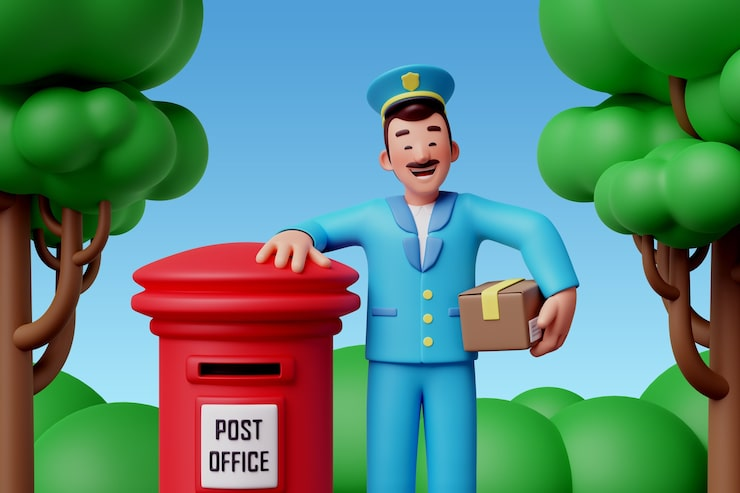
A postal service is an organized system that collects, processes, and delivers letters, parcels, and other types of mail from senders to recipients. It serves as a critical communication and logistics network that connects individuals, businesses, and government institutions across local, national, and international boundaries. Postal services often operate through a network of post offices, sorting centers, and delivery personnel, ensuring that messages and goods reach their destinations efficiently and securely.
In modern times, the postal service has evolved far beyond just delivering letters. It now plays a vital role in e-commerce, logistics, and financial services such as money transfers and bill payments. Many postal organizations have embraced digital technology, allowing customers to track shipments online, schedule deliveries, and access various value-added services. This digital transformation has helped postal services remain relevant in an increasingly fast-paced and technology-driven world.
Moreover, postal services contribute significantly to national development by promoting trade, communication, and social inclusion, especially in rural and remote areas. They provide essential infrastructure for small businesses, government communication, and citizen engagement. Even in the age of instant digital communication, the postal service continues to be a trusted and indispensable part of everyday life, ensuring that physical goods and important documents are delivered safely and reliably.

The Global Positioning System (GPS) is a satellite-based navigation system that allows users to dete...

The postal service is used for several important purposes that make it an essential part of everyday...

A postal service is an organized system that collects, processes, and delivers letters, parcels, and...